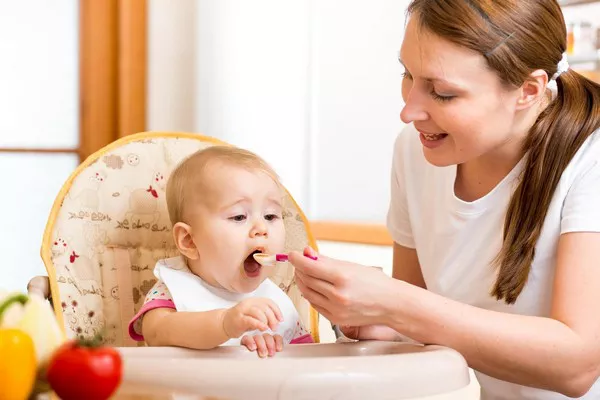Burping a newborn is a common practice that many parents prioritize. It is essential for ensuring the baby’s comfort and health. However, many new parents wonder if one burp is enough for a newborn. This article explores the need for burping, how to burp a newborn effectively, and whether one burp suffices.
Understanding Burping
Burping helps release air trapped in a newborn’s stomach. Babies often swallow air while feeding. This air can lead to discomfort and fussiness. Burping reduces the risk of gas, colic, and other digestive issues.
Newborns have delicate systems. They may not be able to communicate their discomfort. Therefore, parents must recognize signs that indicate a baby may need to burp. These signs include fussiness, squirming, or arching their back during feeding.
Why Burping is Important
Burping serves several important functions:
Reduces Gas Buildup: When babies swallow air, it can accumulate in their stomachs. This gas can make them uncomfortable. Regular burping helps prevent gas buildup.
Aids Digestion: Burping can assist in the digestion process. It allows for a smoother transition of milk through the digestive tract.
Enhances Feeding Comfort: A baby who feels comfortable is likely to feed better. If a baby is in pain from trapped gas, they may not want to eat.
Promotes Relaxation: After a good burp, babies often feel more relaxed. This can lead to better sleep and less fussiness.
How Often Should You Burp?
There is no strict rule on how often to burp a newborn. Generally, it is recommended to burp them:
- After every feeding.
- When switching breasts during breastfeeding.
- If the baby shows signs of discomfort.
Some babies may require more frequent burping than others. It is essential to observe your baby’s cues.
Is One Burp Enough?
The question remains: Is one burp enough for a newborn? The answer is: it depends.
For some babies, one good burp is sufficient. They may release most of the air in that single effort. Other babies may need more burping sessions to feel comfortable. It is essential to pay attention to your baby’s behavior after burping.
If your baby seems content and relaxed after one burp, it may be enough. However, if they continue to fuss, it may be worth trying to burp them again.
How to Burp a Newborn
Burping techniques can vary. Here are some common methods:
Over-the-Shoulder: Hold your baby against your shoulder. Support their bottom with one hand. Gently pat or rub their back with the other hand. This position allows gravity to assist in releasing gas.
Sitting on Your Lap: Sit your baby upright on your lap. Use one hand to support their chest and chin. With the other hand, gently pat their back.
Lying on Your Lap: Place your baby on their tummy across your lap. Ensure their head is higher than their chest. This position can also help release trapped gas.
Regardless of the method you choose, ensure your baby is secure and comfortable.
Signs Your Baby Needs to Burp
Knowing when to burp your baby is crucial. Here are some signs:
Fussiness: If your baby becomes fussy during or after feeding, it might be time for a burp.
Squirming: Watch for signs of squirming or wriggling. This can indicate discomfort.
Arching Back: If your baby arches their back or pushes away from the bottle or breast, they may need to burp.
What to Do If Your Baby Won’t Burp
Sometimes, a baby may not burp easily. Here are some tips for encouraging a burp:
Change Positions: If your baby doesn’t burp after a few minutes, try switching positions. Sometimes a different angle can help release the gas.
Gentle Patting: Continue to gently pat or rub your baby’s back. Sometimes, a bit more patience is required.
Walking Around: If possible, walk around while holding your baby upright. The movement can help stimulate a burp.
Burping and Feeding Techniques
Feeding techniques can also impact burping. Here are some tips:
Breastfeeding: Ensure your baby latches on correctly. A proper latch can reduce the amount of air swallowed during feeding.
Bottle Feeding: Use bottles designed to minimize air intake. There are special bottles that can help reduce gas.
Pacing: If bottle-feeding, take breaks during feeding to burp your baby. This can help prevent air from building up.
Conclusion
In conclusion, whether one burp is enough for a newborn varies by individual baby. Some babies may only need one good burp, while others might require more.
Observing your baby’s cues is essential. If your baby appears comfortable and relaxed after one burp, it may be enough. However, if they continue to show signs of discomfort, additional burping may be necessary.
Burping plays a vital role in a newborn’s comfort and digestion. By understanding how and when to burp your baby, you can ensure they have a more pleasant feeding experience. Remember, parenting is about patience and observation. Trust your instincts, and you will learn what works best for your newborn.
Related topics:


